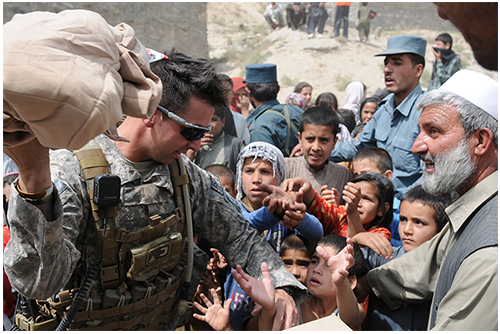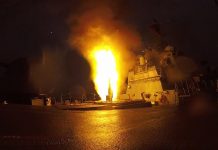
Global crises, such as the spreading of the novel corona virus (COVID-19), hybrid threats and asymmetric warfare require civil-military interaction responses guided by a unity-of-aim approach to build-up capacity for successful conflict transformation. No single activity has a monopoly on responses. All of society is required to act collaboratively in replying to demands placed on it by emerging threats.
We ask: What can civil and military leaders and operators responding to crises, hybrid threats, and asymmetric warfare learn from medical approaches to disease prevention and intervention? Like the drunk looking for lost keys under the streetlight because the light is better there irrespective of the fact that they were dropped in the dark lot across the street, we often fail to search for answers in places because of the dark. We seem content to continue doing what is comfortable, not what is required.
We also question what crisis response actors, medical experts, politicians, civil protection volunteers, etc. can learn from military responses to confronting complex and potentially dangerous situations? And more generally, are we looking into the face of ignorance, lack of will, and hidden agendas supported by those who might profit the most from different crises or is it simply a lack of a systematic approach (we may call it comprehensive) at national and international levels (for example EU, NATO, UN)? Lastly, how do crisis management curricula and pre-crisis exercises fail at all levels of education?

My father was a naval officer, and one of my uncles died at Dunkirk in 1940. That doesn’t immediately give you any expertise on military matters, but I also studied international relations and geopolitics. I have worked in think-tanks specialising more in defence and security issues. I take a professional break for family reasons and I spend some time writing about my professional subjects.




